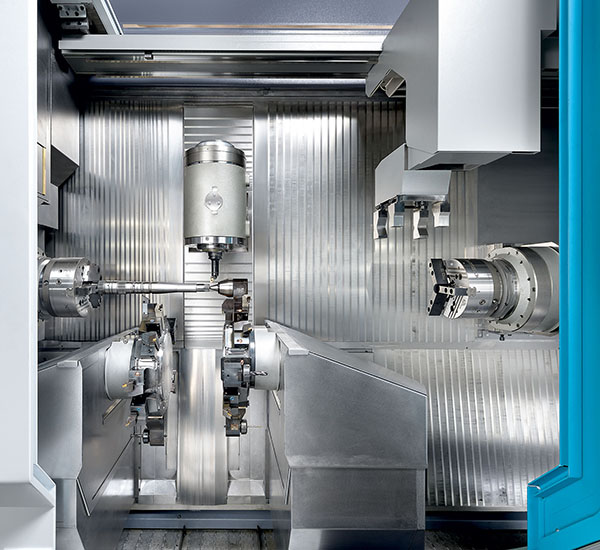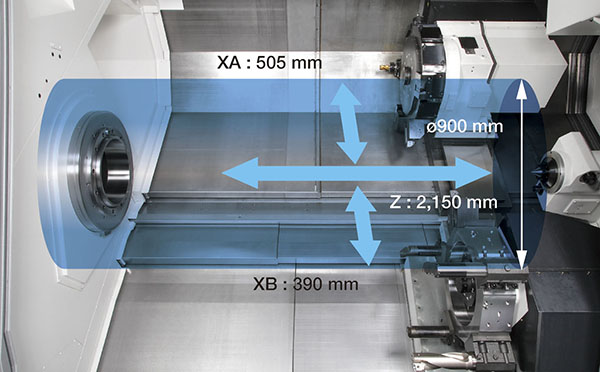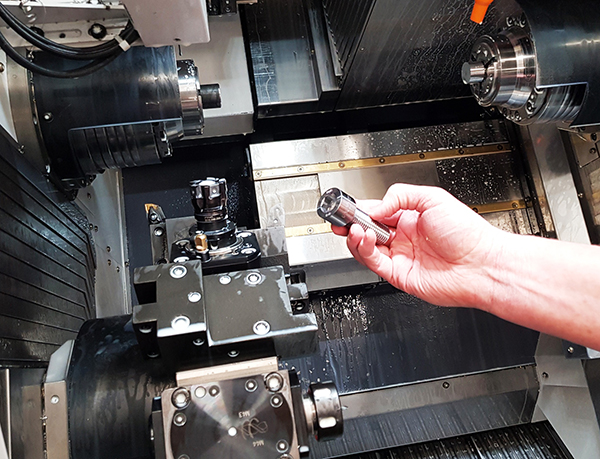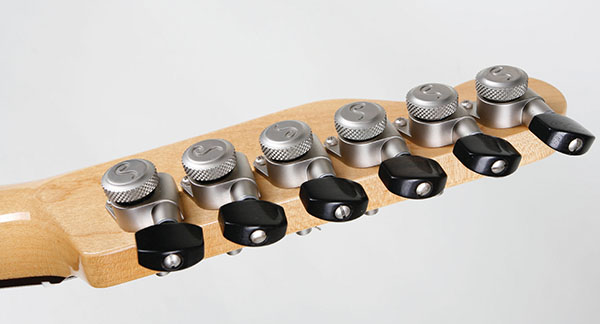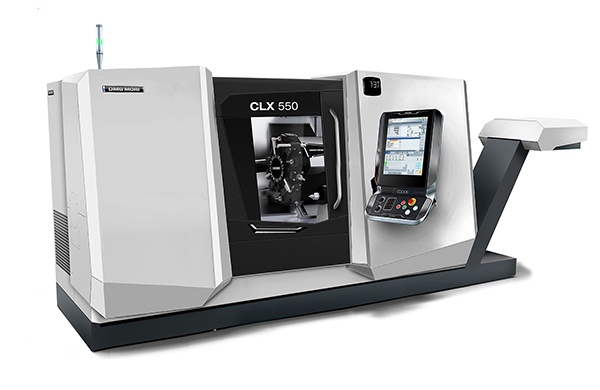German lathe manufacturer Index has introduced a turn-mill centre, the G420, which is capable of producing large components in one hit within a compact footprint of about 15 sq m. Availability in the UK is through sole agent, Kingsbury.

Despite weighing 23 tonnes, the machine does not need any special foundation as the polymer monobloc bed has inherent mechanical stability. The lathe offers the best deflection resistance of any comparable machine on the market, claims the company, and has good damping properties thanks to generously dimensioned linear guideways in the X and Z axes. A ratio of static masses to moving masses of greater than 5:1 not only provides high stiffness levels, but enables dynamic movements with low vibration.
Workpieces up to 1.6 m long can be machined from bar up to 102 mm in diameter, while the chuck diameter is 315 mm (optionally 400 mm). Precision is assured due to the thermal stability provided by extensive cooling circuitry throughout the machine’s structure, moving elements and peripherals. Stored energy can be used for other purposes, such as additional process steps or heating the user’s factory.
Index’s G420 features a 26 kW/12,000 rpm milling spindle moving in the X, Y, Z and B axes at the top of a vertical bed. A 58-position (optionally 115-position) magazine is supplied for HSK-T63 or Capto C6 tools.
The Z-axis slideway of the milling spindle, and the Y/B axis with hydrodynamic bearing support and linear scale feedback of quill movement, are symmetrically designed for stability. A Y-axis stroke of ±170 mm, B-axis swivel of ±115° and large X-axis travel of 750 mm, together with the Z-axis movement and C-axis on the main/counter spindles, allow up to 5-axis simultaneous machining of complex components.
For further information www.kingsburyuk.com






